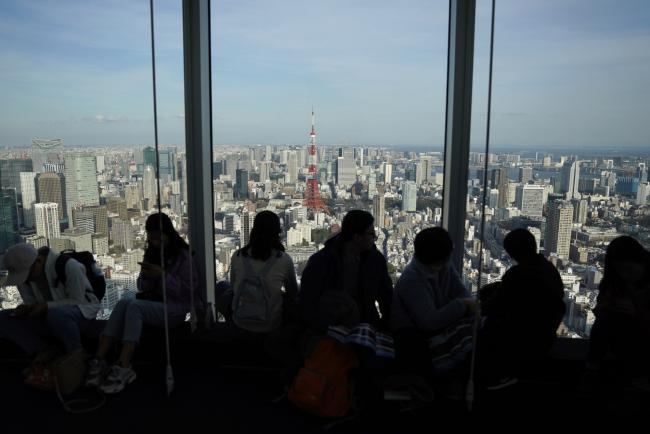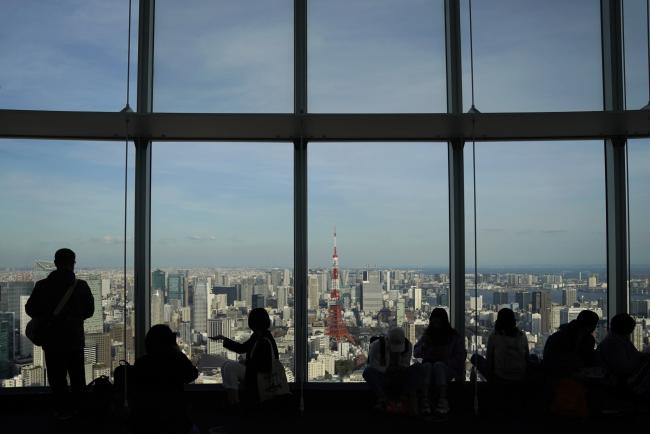(Bloomberg) -- Japan’s economy unexpectedly grew during the first quarter, but most of the expansion resulted from imports falling even faster than exports, a sign of underlying weakness in demand.
Gross domestic product expanded an annualized 2.1% in the three months through March, according to a Cabinet Office report Monday. That compares with economists’ median estimate for a contraction of 0.2%.
Key Insights
- Imports fell 4.6% from the previous the quarter, versus a 2.4% decline in exports, resulting in the biggest contribution to the expansion of GDP, according to Cabinet Office officials. The drop in imports was led by crude oil and natural gas, they said.
- Slowing global growth--especially in China, Japan’s biggest market--and rising trade tensions have hit corporate sentiment and business investment, which had supported Japan’s economy for most of the past two years.
- Consumer demand has been soft. A measure of household spending has improved recently but wages continue to disappoint. Overall, private consumption figures suggest the Bank of Japan’s virtuous economic cycle remains incomplete.
- The headline figure may cool speculation that Prime Minister Shinzo Abe will delay a potentially fraught sales-tax hike scheduled for October.
- The fate of the tax hike is becoming more uncertain, with the outlook for the Japanese and global economies in the second half of the year now taking on far more importance, said Masaaki Kanno, chief economist at Sony Financial Holdings Inc.
Get More
- Business investment fell 0.3% from the previous quarter, versus economists’ median estimate of -1.9%.
- Private consumption dropped 0.1% from the previous quarter. The median estimate was for a 0.2% loss.

